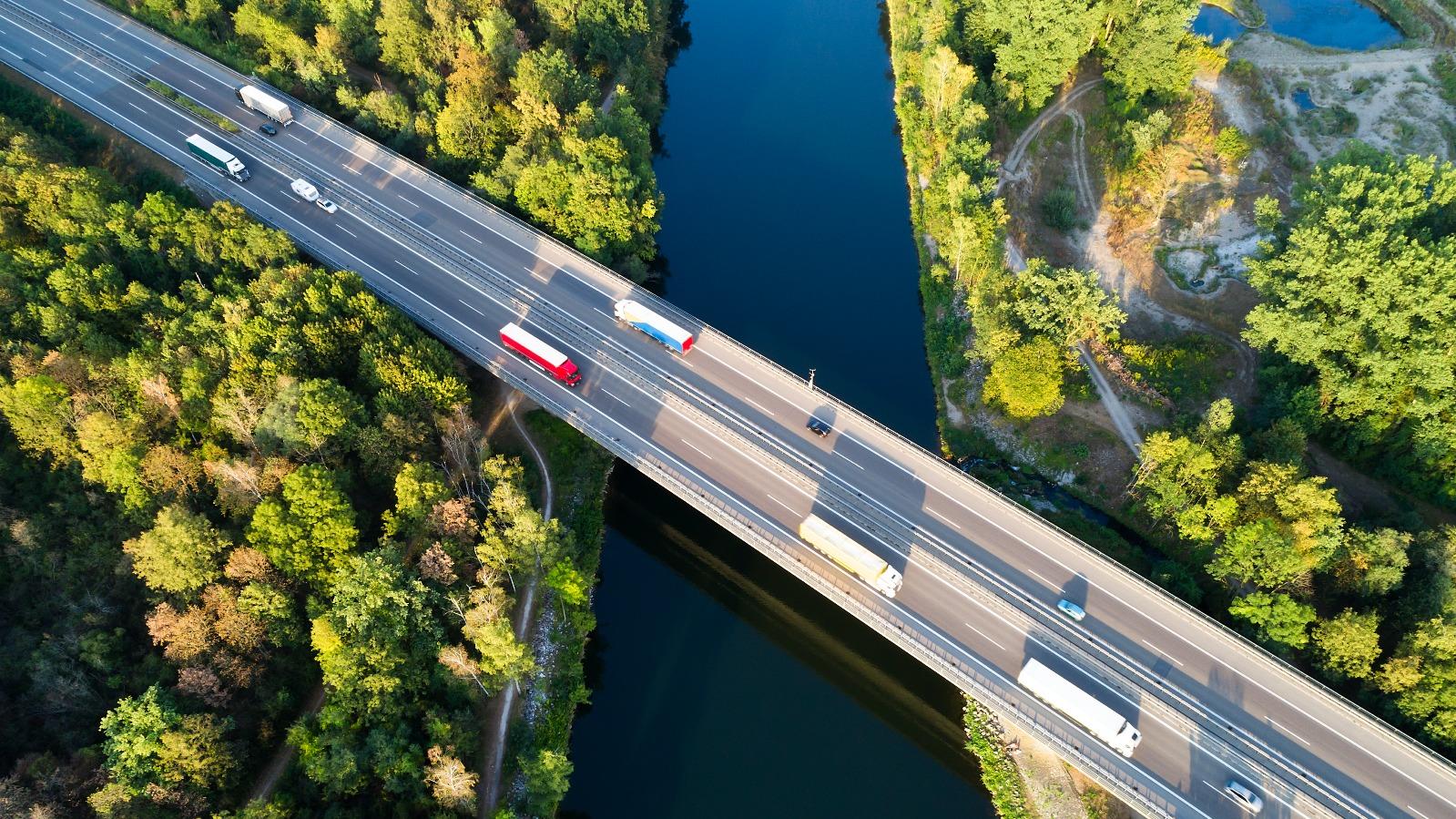{{item.title}}
{{item.text}}

{{item.text}}
Building resilient and future-proof sustainable supply chains

In today's complex global landscape, businesses need to understand and address the environmental and social impact of their operations. This awareness is integral to refining corporate strategies, optimising daily operations, and enhancing financial performance. The recent spotlight on supply chains – intensified by pandemic-related disruptions, geopolitical tensions, resource scarcity, and macroeconomic shifts – calls for a new approach.
To navigate these challenges and meet emerging regulatory as well as new stakeholder requirements, businesses must develop sustainable and future-proof supply chains. This requires a comprehensive integration of sustainability considerations into sourcing and operational processes. What’s more: sustainable value chains that go beyond regulatory mandates bring a wide range of benefits – including risk reduction, improved brand reputation, increased consumer trust, and a competitive edge.
Join us as we explore the future of sustainable supply chains where resilience meets responsibility.
Flora Marin
Partner, Sustainability Incentives and Value Chain Transformation, PwC Switzerland
Companies need to assess their environmental and community impact to enhance corporate strategy, daily operations, and financial performance.
What steps can you take to ensure your supply chain is responsible while achieving financial and sustainability metrics at the same time? We'll put our experience to work by helping you:
Consider best practice from across a range of industry sectors.
Define the characteristics you require from your suppliers in order to make sure they're sustainable.
Measure the financial cost or potential impact of your carbon, water, and other usage on the environment and local communities.
Redesign global supply chains to be cost-efficient, minimising their impact on the environment, and delivering products and services on time.
To secure sustainable growth, corporations must cultivate resilient and diversified supply chains that incorporate sustainable business factors and risk considerations.
Craig StevensonPartner, Sustainability & Climate Change, PwC Switzerland
{{item.text}}

{{item.text}}
Mitigate your environmental impact and boost operational efficiency and resilience.
We look forward to hearing from you to discuss your specific challenges and needs.
https://pages.pwc.ch/core-contact-page?form_id=7014L000000DYI1QAO&embed=true&lang=en
Flora Marin
Partner, Transfer Pricing, Sustainability Incentives and Value Chain Transformation, PwC Switzerland
+41 58 792 10 04
Craig Stevenson
Federico Merlo

